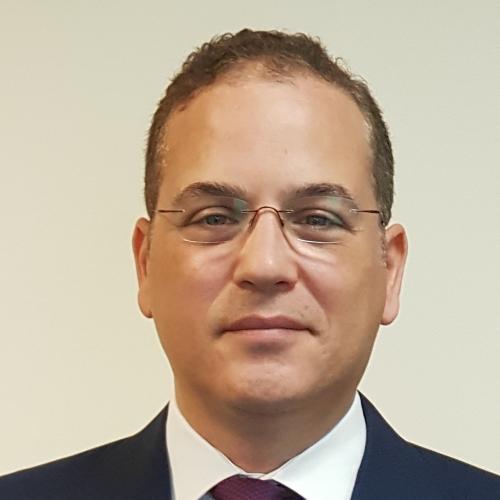Operating Partner Orhan Osmansoy talks about investment and financing trends that have been accelerated by the pandemic outbreak of the Corona virus in the inaugural issue of MEA Finance in October 2020:
It is fair to say that in 2020 health and healthcare has become foremost in most people’s day-to-day considerations, be them personal or commercial. The Covid-19 Coronavirus pandemic has brought the healthcare sector, already a major global growth prospect, to the forefront of the minds of investors. Indeed a report by Businesswire in June 2109 before the Coronavirus outbreak states, the global healthcare market reached a value of nearly $8,452 billion in 2018, having grown at a compound annual growth rate (CAGR) of 7.3% since 2014, and is expected to grow at a CAGR of 8.9% to nearly $11,908.9 billion by 2022. What will the effect of the 2020 pandemic be on investment in this important market sector?
Covid-19 will accelerate the move away from hospital-centric care models
Covid-19 is likely to accelerate a global trend towards a patient-centric model of care, and away from hospital-centric models, the former being driven by favorable patient outcomes and constraints in hospital capacity. In MENA and Southeast Asia, this transition is in its infancy, but will gather pace as patients become more inclined to avoid hospital stays, whenever possible. We believe there will be a growing separation between ancillary functions such as imaging and lab tests, and core hospital operations focused on inpatient care. Patients will also choose ambulatory care settings rather than hospitals for increasingly complex care and procedures. Specialism is the way forward
Ambulatory centers, labs and specialist inpatient facilities are all taking root in the region and proving popular. This trend will be complemented by increased provision of specialist centers, for example for pediatrics, obstetrics and gynecology, and in response to demand for high quality post-acute care for chronic diseases, such as diabetes and cancer. Home-based care is also likely to gain traction due to the region’s rapidly aging demographic profile, and in line with traditional practice of caring for the elderly in a family setting. We see private investment heavily complementing public investment – including through innovative partnerships between private and public sectors.
Digital applications in healthcare will accelerate
Covid-19 pandemic has already increased the use of telemedicine through video consultations, and we believe it is here to stay. Growing urban communities and aging populations are spurring demand across Southeast Asia and MENA for better chronic healthcare quality and delivery, especially in post-acute and home-based healthcare. We expect to see increasing provision of online consultation activities, requiring more input of clinical information from specialized facilities. Telehealth and home healthcare services will also gain ground. These will require investment in AI-based diagnostics and digital tools, including cloud-based storage of medical records, and integration of information across the care continuum.
Investor interests change and demand customised investment models
With the transformation of the healthcare industry globally, we expect to leverage these trends in our investment strategy.
Simply put, our strategy is to invest in transformational healthcare companies, bringing their innovative solutions to markets where we see high demand for such services. We are expanding our
footprint geographically, as we have learnt that our unique perspective as a global healthcare investor with bespoke pan-emerging market expertise enables us to access and improve the quality of
healthcare services in MENA and the GCC as well as Southeast Asia.
We aim to make our portfolio companies internationally competitive by adding operational and strategic value, ultimately driving shareholder value and growing topline. Our captive Operations Group helps develop our portfolio companies into internationally active centers of healthcare excellence. We are convinced that regional know-how and dedicated industry expertise are key factors of success in private equity investing. However, over the last couple of years, private equity investors have developed a variety of investment interests that we find need to be achieved through
bespoke and tailored capital vehicles. We are witnessing a convergence between permanent capital and third- party AUMs allocators. Pensions funds, family offices and sovereign wealth funds
are investing via General Partners, but also directly and on their own. Shadow capital private equity exposure through co-investments and/or direct investments will continue to grow. At the same time, as institutional investors seek to rationalize their relationships with private equity managers, General Partners must find ways to meet investor criteria.
As such, we are working on alternatives to blind pool funds and conventional private equity fund structures by putting together tailored programs that meet investor criteria via separate accounts and bespoke co-investment arrangements,which we feel will empower our investors to be more than just passive partners in private equity funds. Thus, with our combination of unique deal flow opportunities, an operations heavy approach, tailored capital vehicles, and our experience as a dedicated healthcare private equity investor, we feel we can increasingly capture healthcare-focused PE allocations.
